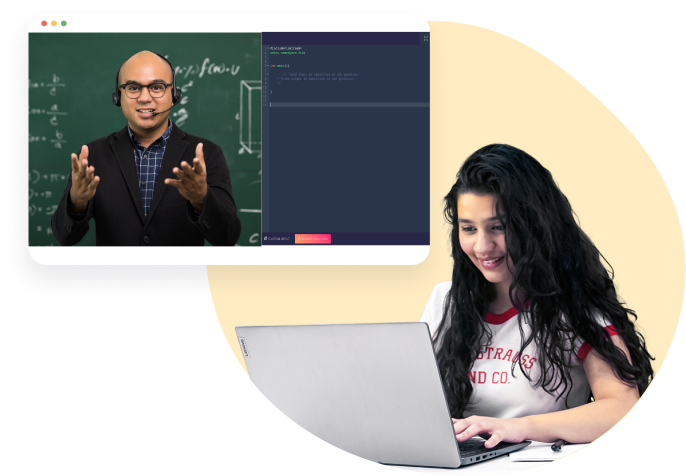A DevOps Engineer program typically focuses on integrating development and operations teams, emphasizing automation, collaboration, and continuous improvement. It covers skills like containerization (e.g., Docker), configuration management (e.g., Ansible), version control (e.g., Git), cloud platforms (e.g., AWS, Azure), and CI/CD pipelines. Students learn to deploy and manage infrastructure as code, ensure system reliability, and optimize software delivery processes. The curriculum often includes scripting languages (e.g., Python, Bash), monitoring tools (e.g., Prometheus, Nagios), and security practices (e.g., DevSecOps). Practical experience with tools like Jenkins or GitLab for automation and orchestration is integral. The program prepares graduates for roles overseeing software deployment, infrastructure management, and fostering agile practices within organizations.

₹35,000
4.8
30K+ Learners enrolled
60+
Hours of lectures
350+
Problems


Watch classes any time at your convenience

Catch up on the course when life is calling you elsewhere



A structured curriculum that makes learning easy

Practice code problems of varying difficulty

Engagement coach to keep you motivated

Compile & run in an integrated coding environment

1:1 sessions over voice call & chat with our skilled teaching assistants




1:1 Mock interviews with resume and career guidance

Structured feedback to make you better

Get a chance to be referred to your mentors’ company

Skill-based hiring across all levels of experience



Average salary hike

Transitions to product companies

Trusted placement partners







